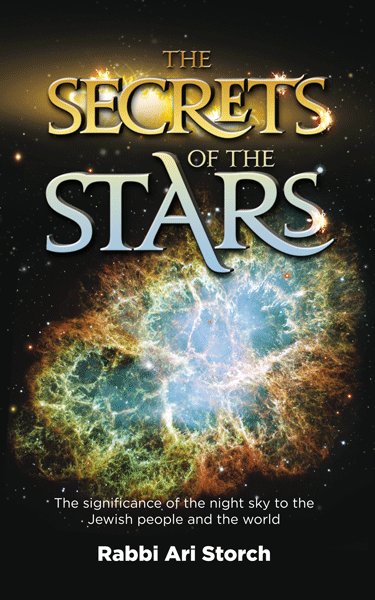Now that the clocks have changed, many are finding themselves able to daven mincha at very early (and often times convenient times.) Couple that with the fact that we find Yitzchak Avinu davening mincha in this week's parsha and it makes for a great topic. Many are familiar with the common halachic practice of waiting 1/2 hour (defined as a 1/24 of the time between sunrise and sunset or 30 minutes, whichever is longer) from midday to daven. Upon further analysis, one must ask why one cannot daven much earlier (say 3 minutes after midday) during many times of the year.
The reason for this practice is as follows. The Gemara (Yoma 28b) tells us that they delayed from davening mincha (or bringing the afternoon offering in the Beis HaMikdash) until they could be certain that it was after midday. Since the walls in the Beis HaMikdash were sloped, it took 1/2 hour after midday for them to cast a noticeable shadow. Therefore, we wait this amount of time (the Mishna Berurah in his Shaar HaTziyun 233:8 is unsure if this half hour is 1/24 of the day or 30 minutes and this is why many take the longer of the two; athough ALL the earlier sources maintained it was 1/24 of the day).
We must identify upon which day we are talking regarding the shadow from the walls. The sun always "travels" at the same speed. However, during some days the sun is going in more of an east/west motion and others it is going more up/down. In the summer when the days are long, the sun is not taking a steep angle at midday and most of its motion is seen going east/west. During the winter, the sun is going at a steep angle because the day is short and it is starting to go downwards quickly. The sun will therefore cast the same amount of shadow in the summertime at a far shorter time interval than the winter.
The Gemara tells us that the day we are talking about is when Erev Pesach falls on Erev Shabbos. On such a day, the afternoon offering would be brought a half hour after midday, as opposed to a normal day when it would be brought three and a half hours after midday. Since Pesach is around the time of the vernal (spring) equinox, one can now figure the time required for the shadows throughout the rest of the year.
In the summertime, it would only take 9 minutes for the sun to travel from midday in a westward direction to reach the same point. In the winter it would take 50 minutes. This does not take into account the fact that the sun is higher in the summer than winter. That would make the times more extreme. If one goes to a latitude higher than Yerushalayim, that will also shorten the amount of time necessary to cast the shadow.
All this can be seen via a simple experiment. Take something like a book and lean it against a wall. Then take a flashlight and move it from one side to the next and watch how quickly the shadow is cast. Notice that if the "across" motion is done more quickly the shadow is cast faster. Also, notice that if the flashlight is held higher the shadow is cast sooner.
Could this mean that here in Baltimore we could daven mincha in the summer at 3 minutes after midday? The answer would most certainly be "no." A reading of the Rambam (Hilchos Tefillah 3:2) makes it clear that we are not mimicking what could be happening in the Beis HaMikdash if it were in your location and on the day you are davening. We are calculating the concept of the time based on the Beis HaMikdash and utilize when they would bring the sacrifices. Since the only day this offering was offered so closely to midday was around the vernal equinox we only take that day as a reference point. Therefore, even though the shadow would be cast much sooner in the wintertime and in Baltimore, we don't care. It must also be noted that one should preferably not daven prior to 3 1/2 hours after midday unless there is a pressing need. This is seen in the Shulchan Aruch and comes about from the fact that they only offered the sacrifice earlier in the Beis HaMikdash when there was a pressing need.


No comments:
Post a Comment